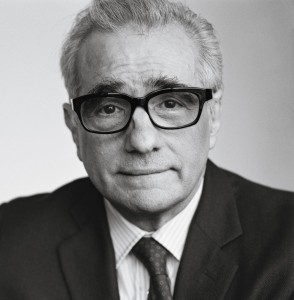
The only thing you need to make a film is to not be afraid of anybody or anything. John Cassavetes said that. John was inspiring, but he was also direct. He knew that there was no time to be indecisive, or to worry about whether the decisions you’ve already made were right or wrong, good or bad. I think that for John, there was no such thing as a “mistake”—you can only move forward, you can never move backward, and you can profit from absolutely everything.
Many times in my life, I’ve told the story of John’s advice to me after he saw a cut of Boxcar Bertha, a picture I made for Roger Corman. In essence, what he said to me was: Just concentrate on making the movies you need to make. Of course, many directors have approached this in many different ways—Claude Chabrol, for example, who never stopped working and made many, many movies, personal and impersonal. Even John made pictures like Gloria and Too Late Blues. The point is this: Protect the ones that you need to make, keep them alive for yourself, and then make them.
There’s a wonderful passage in Elia Kazan’s autobiography, A Life, where he remembers approaching John Ford for advice, and Ford told him something very simple: Always get to the set or the location early, so that you can be all alone and draw your inspiration for the blocking and the setups in private and quiet. In one sense, it’s about protecting yourself; in another sense, it’s about always being open to surprise, even from the set, because there may be some detail that you hadn’t noticed. I think this is crucial. There are many pictures that seem good in so many ways except one: They lack a sense of surprise, they’ve never left the page.
And finally, in Peter Bogdanovich’s recut version of his documentary on John Ford, Steven Spielberg remembers the time he approached Ford as a very young man and asked him for advice, and Ford told him to consider the “art of the horizon,” never dead center but always at either the top or the bottom of the frame. He was talking about composition, but he was also, with one simple thought, compelling Steven to think in terms of distance and scale, as opposed to simply pointing a camera at an event and recording it. Which is crucial to the art of cinema.
Selected Filmography: ItalianAmerican (1974), The Last Waltz (1978), A Personal Journey with Martin Scorsese Through American Movies (1995), Il Mio Viaggio in Italia (2001), The Blues: Feel Like Going Home (2003), No Direction Home: Bob Dylan (2005), Shine A Light (2008), A Letter to Elia (2010), Public Speaking (2010), George Harrison: Living in the Material World (2011)
Photo: Brigitte Lacombe (New York, New York)





